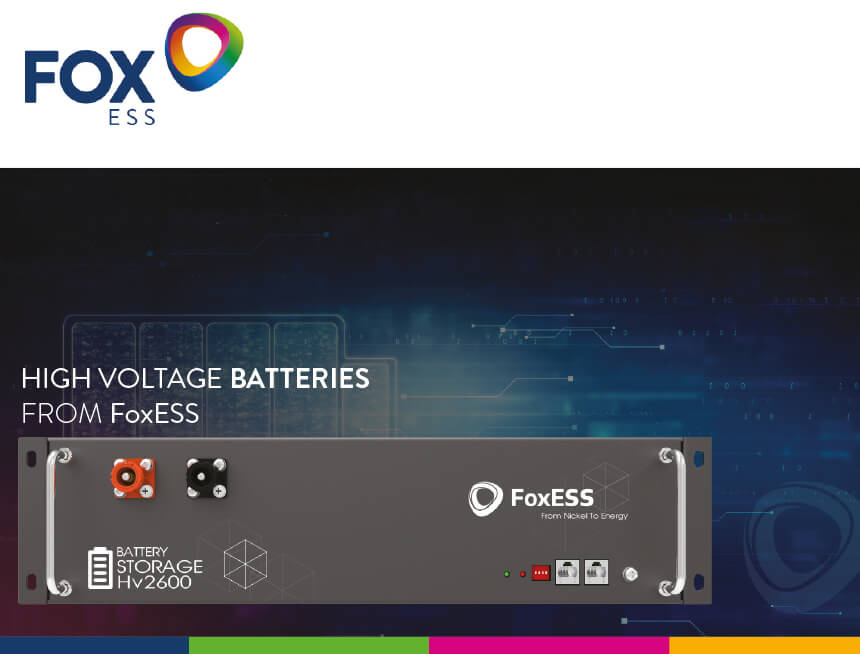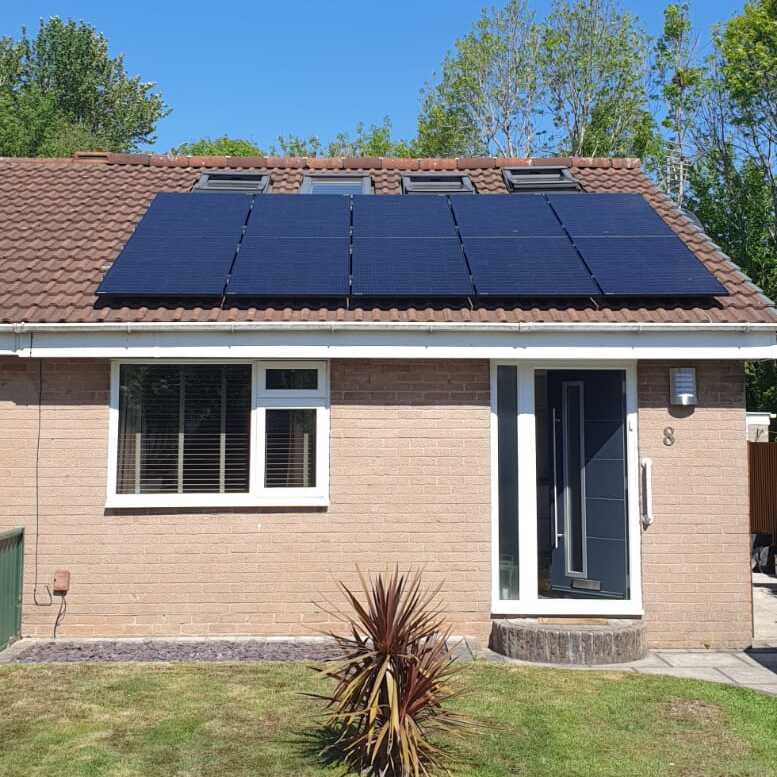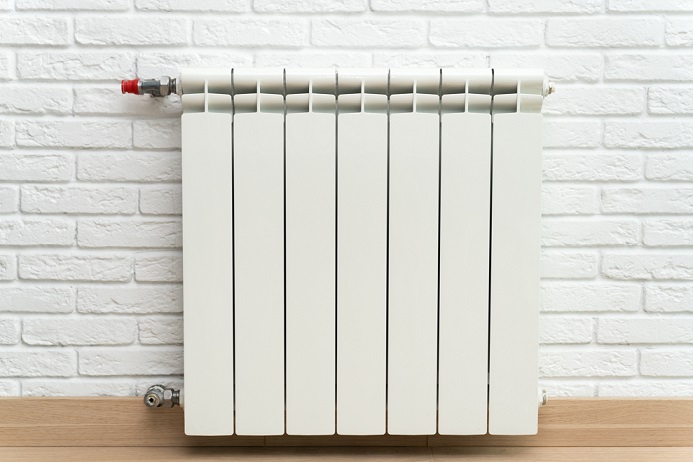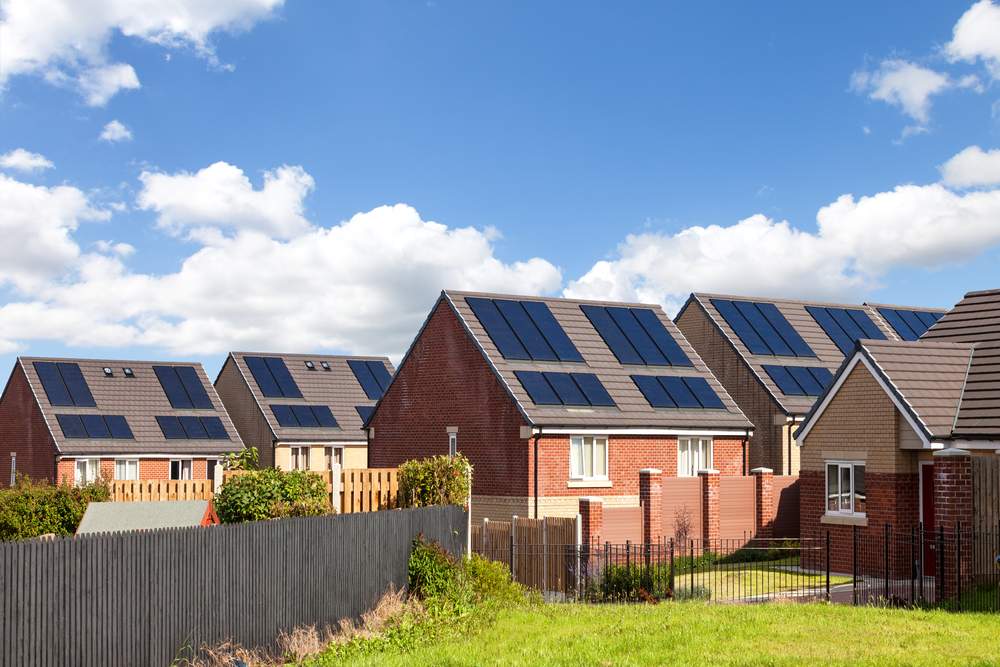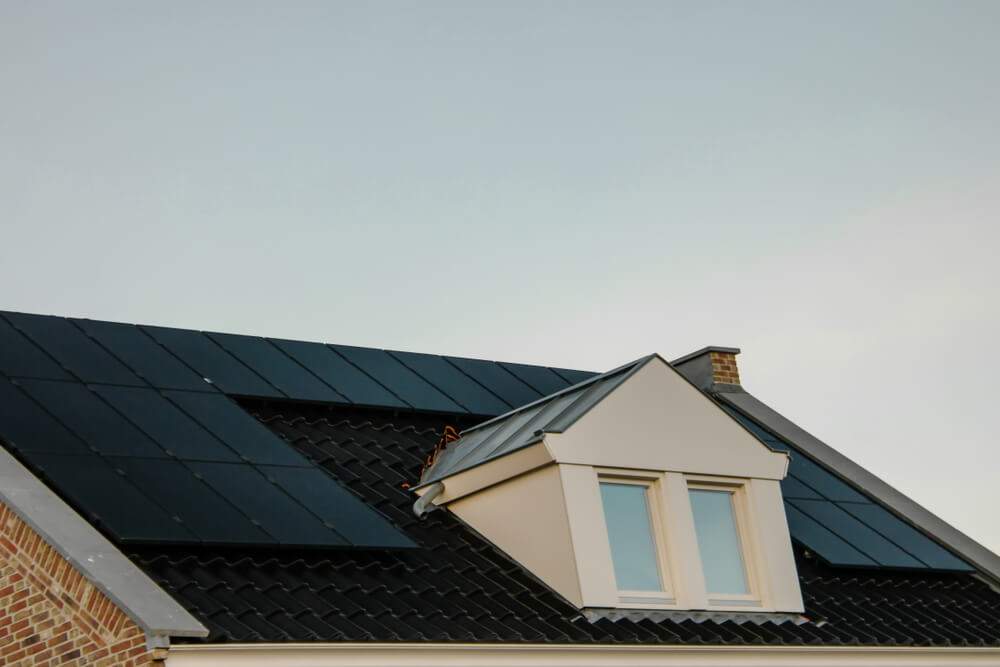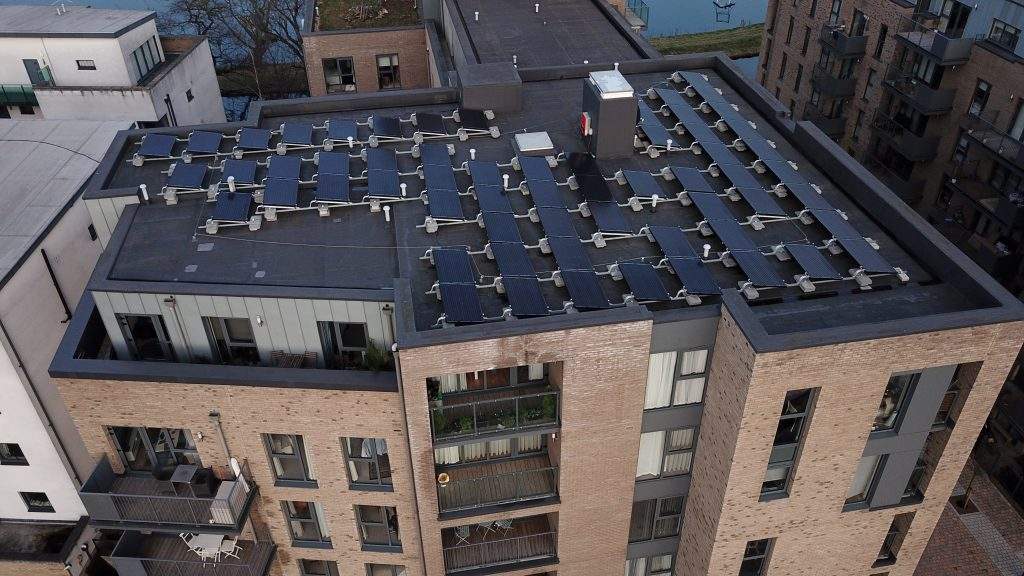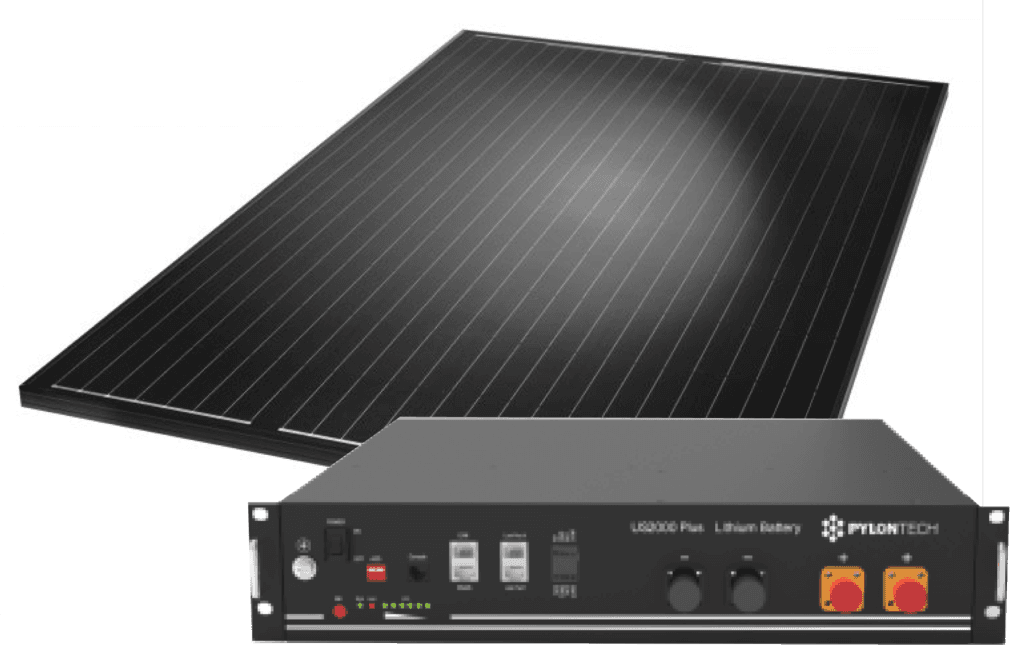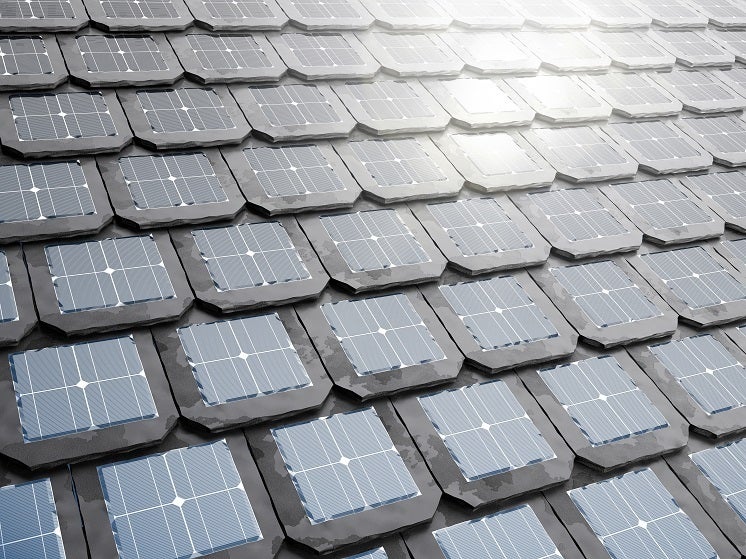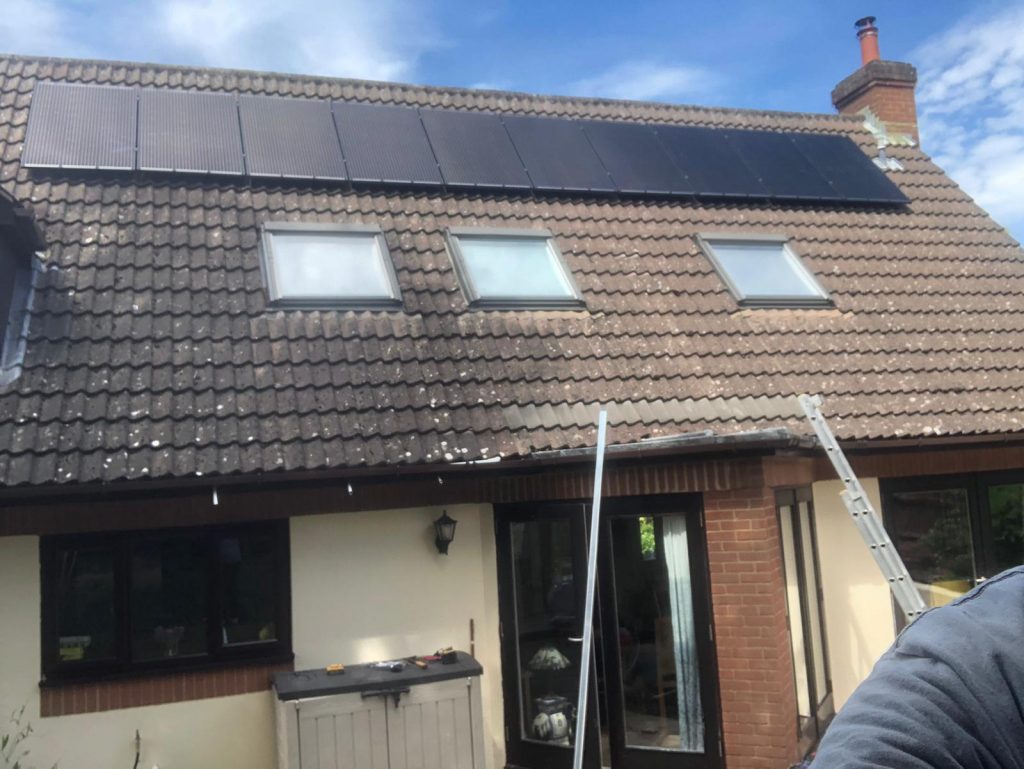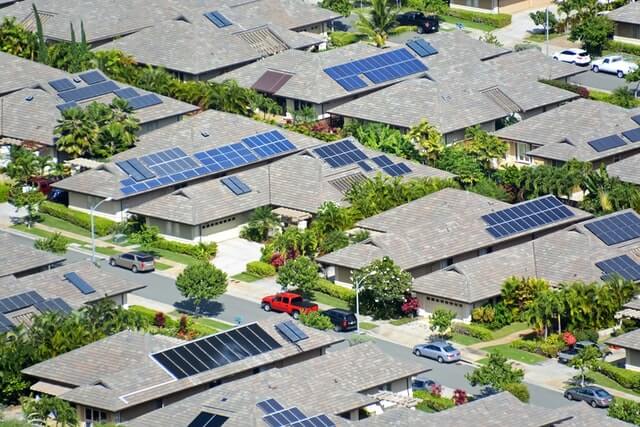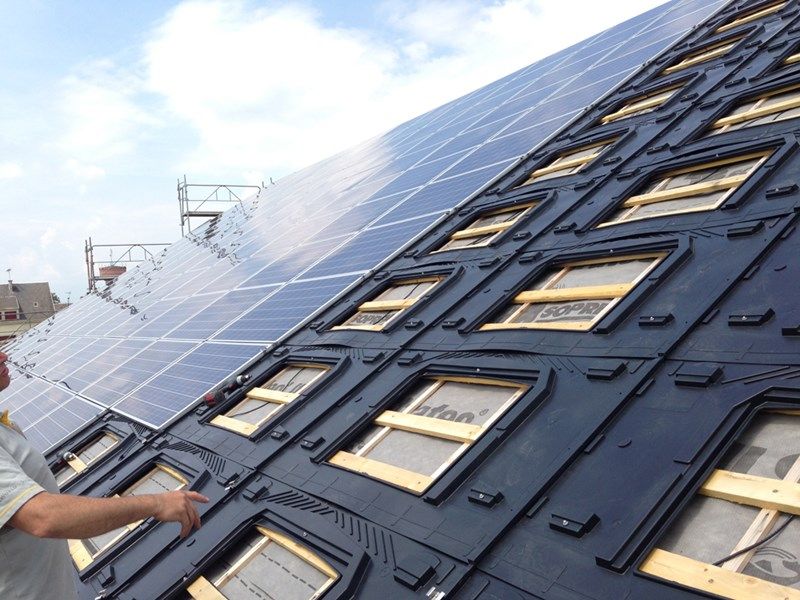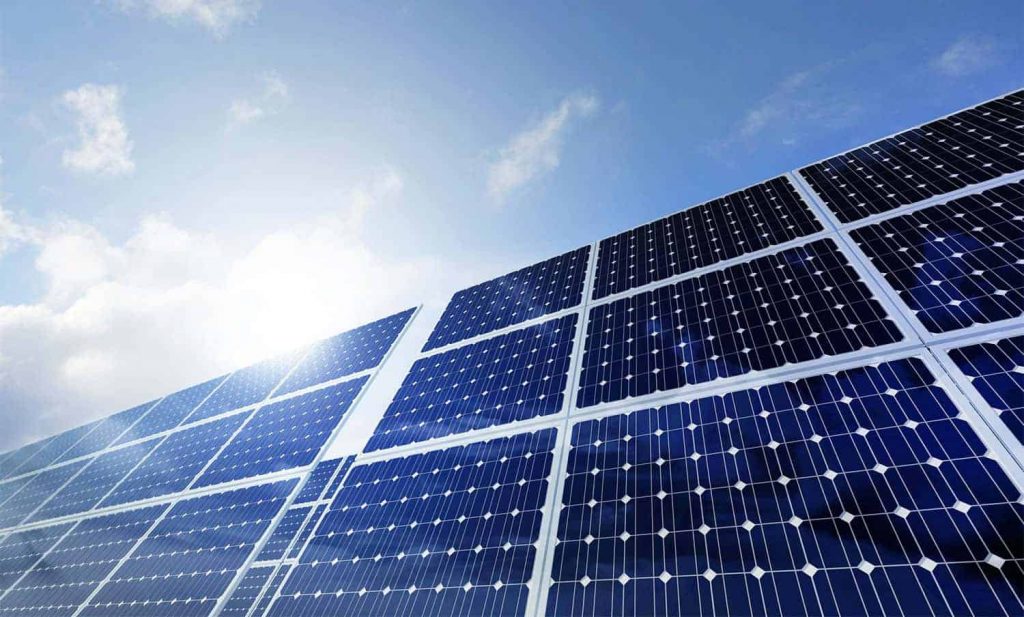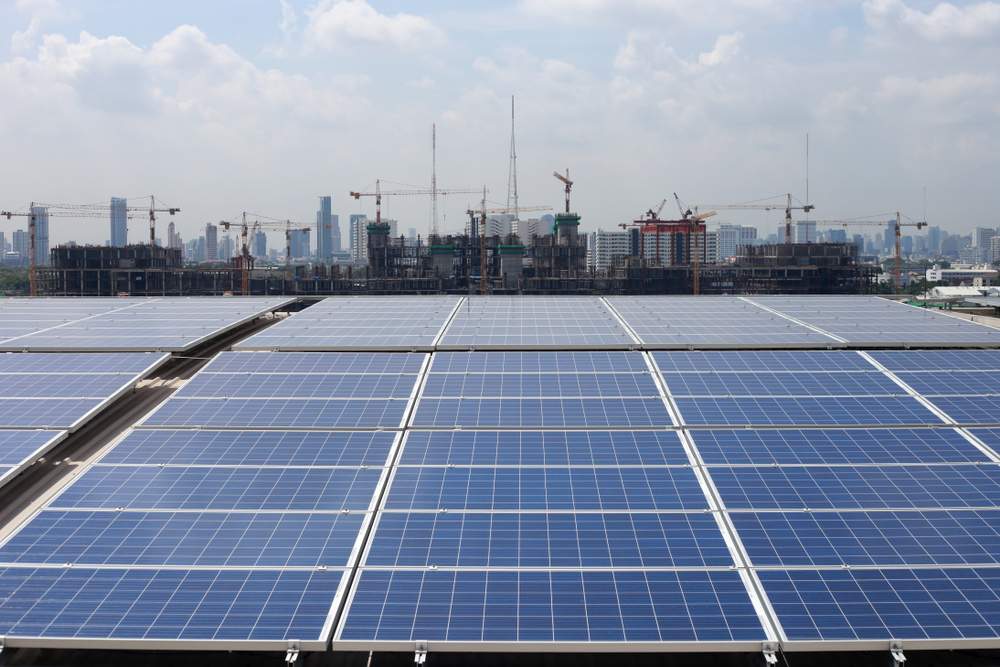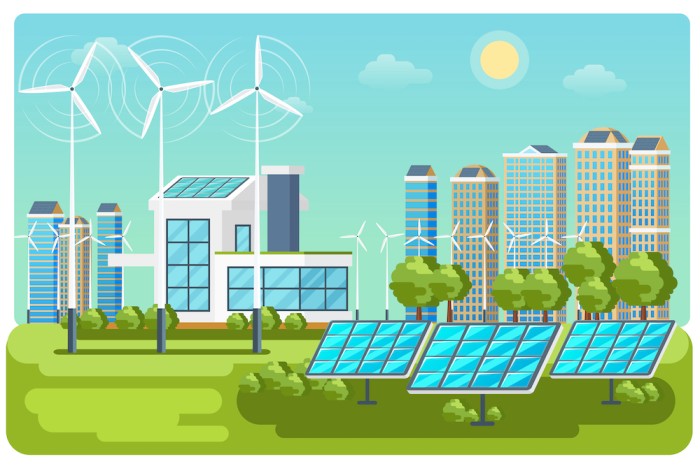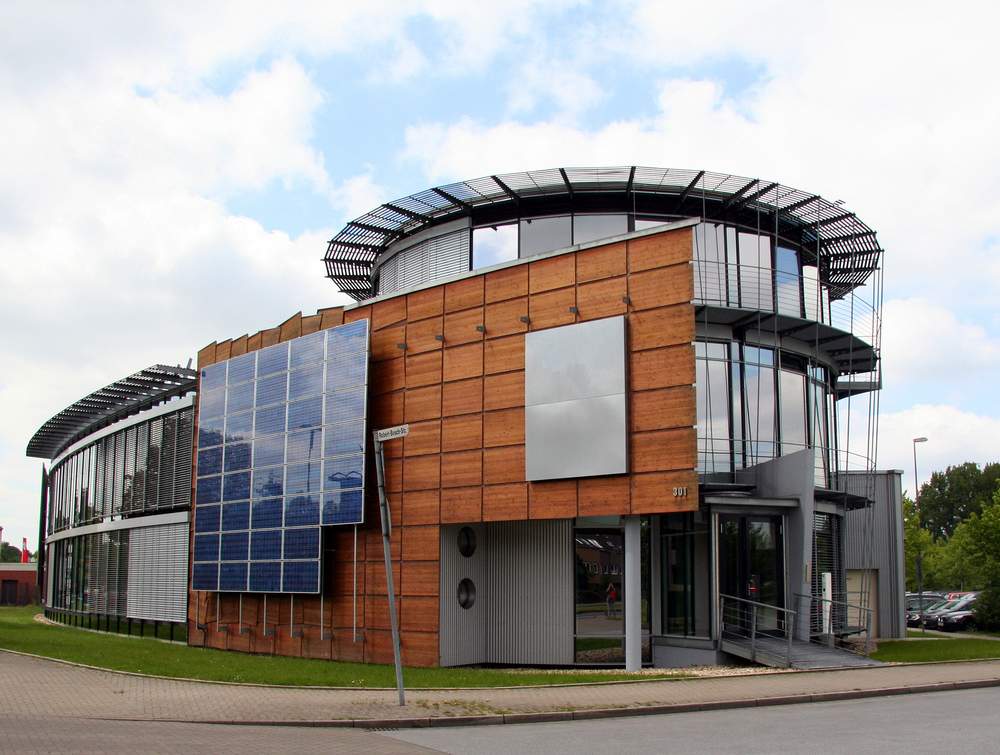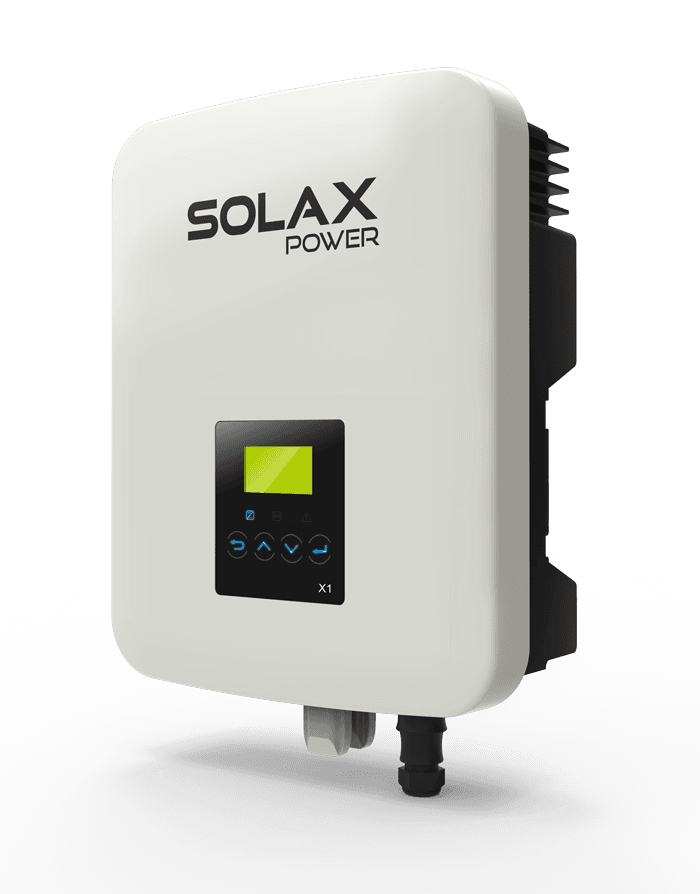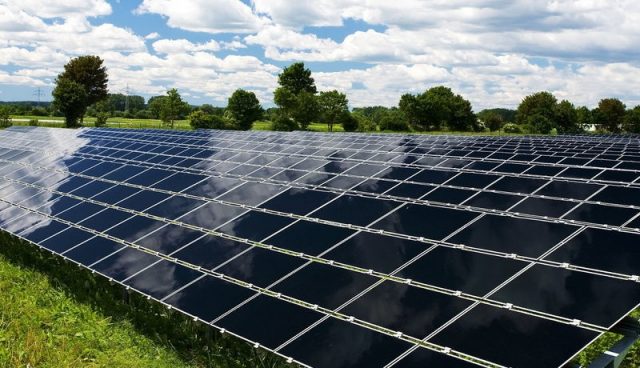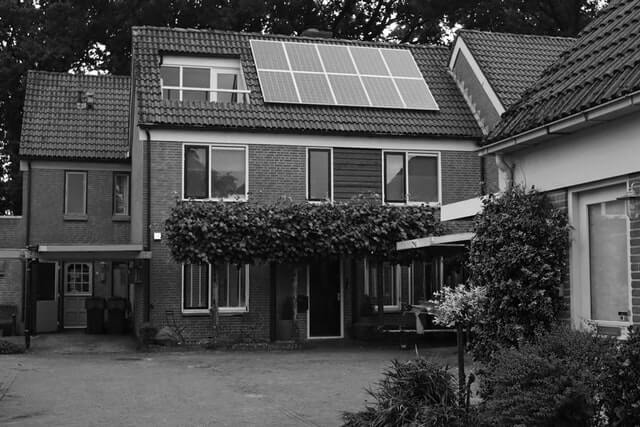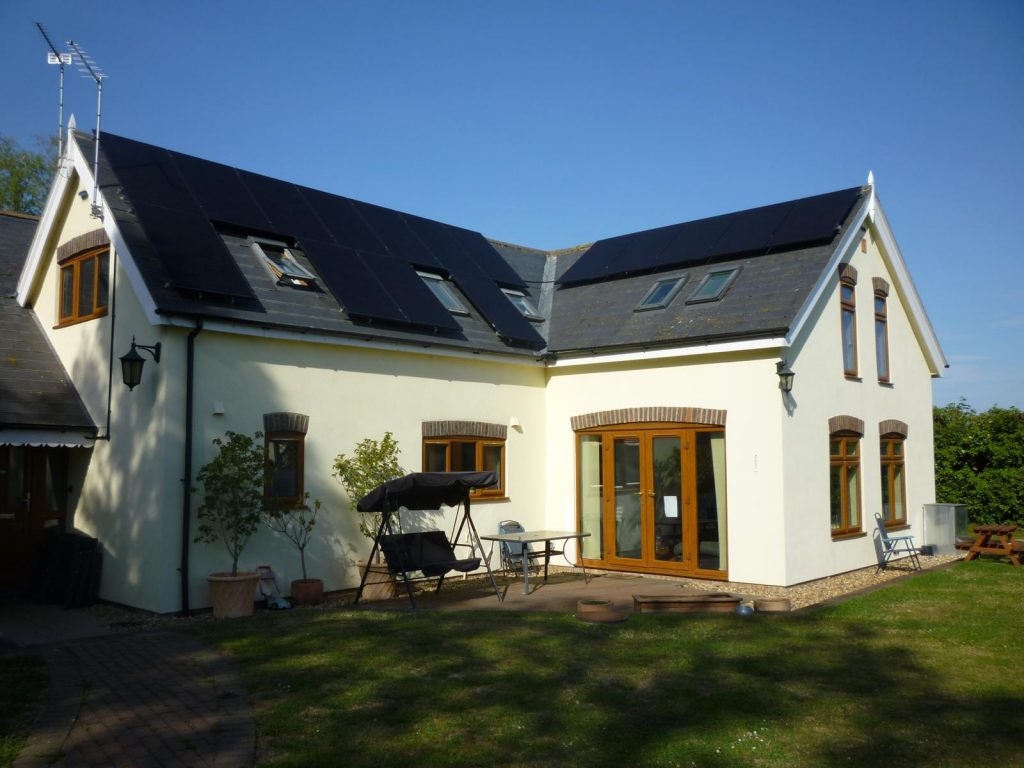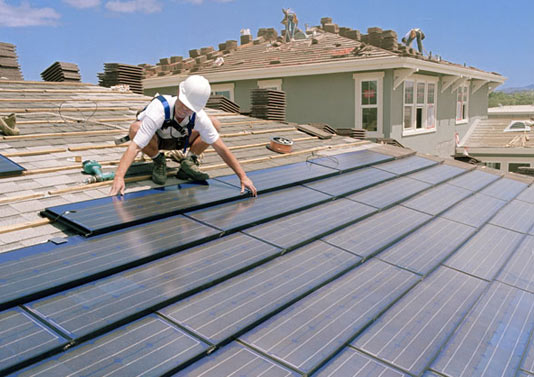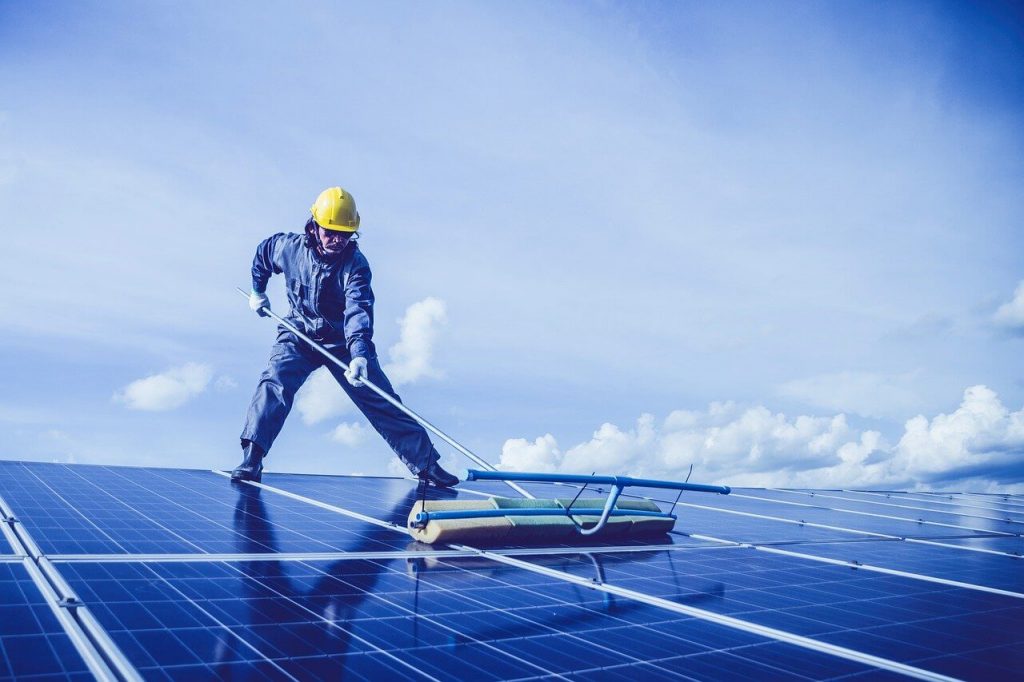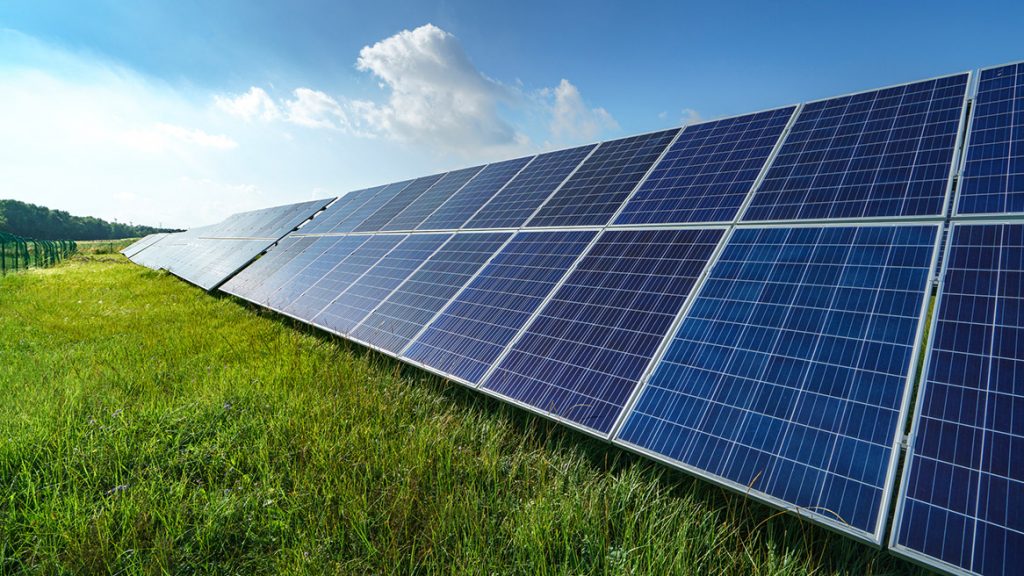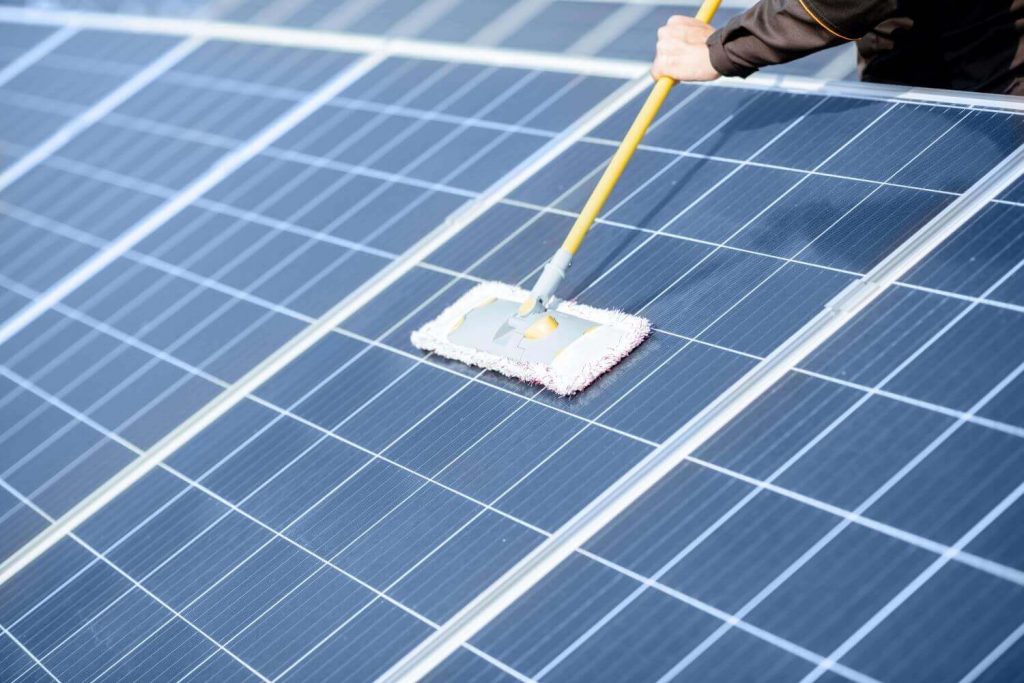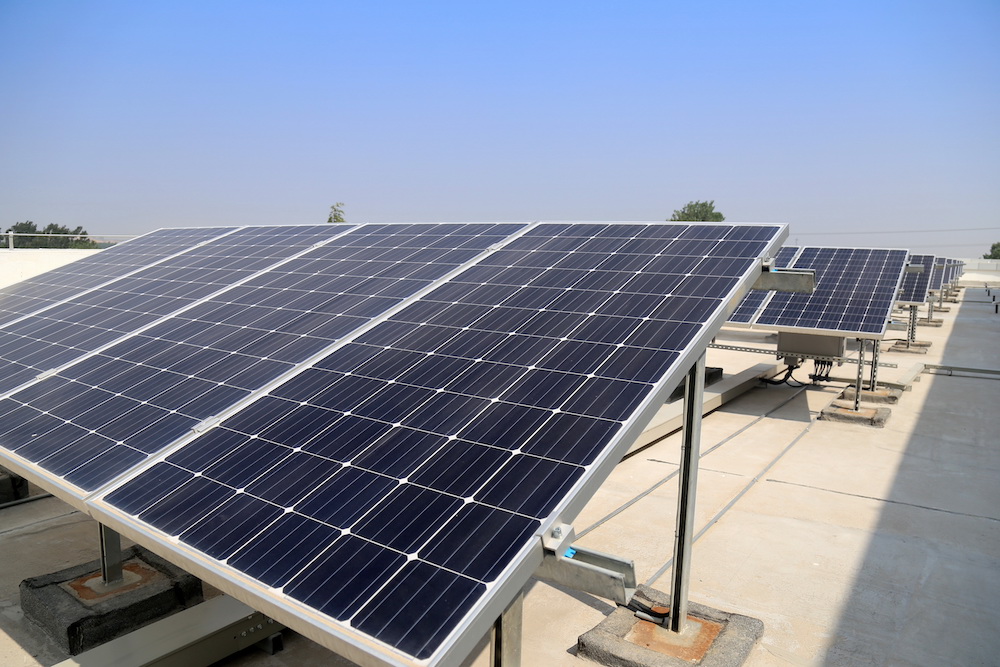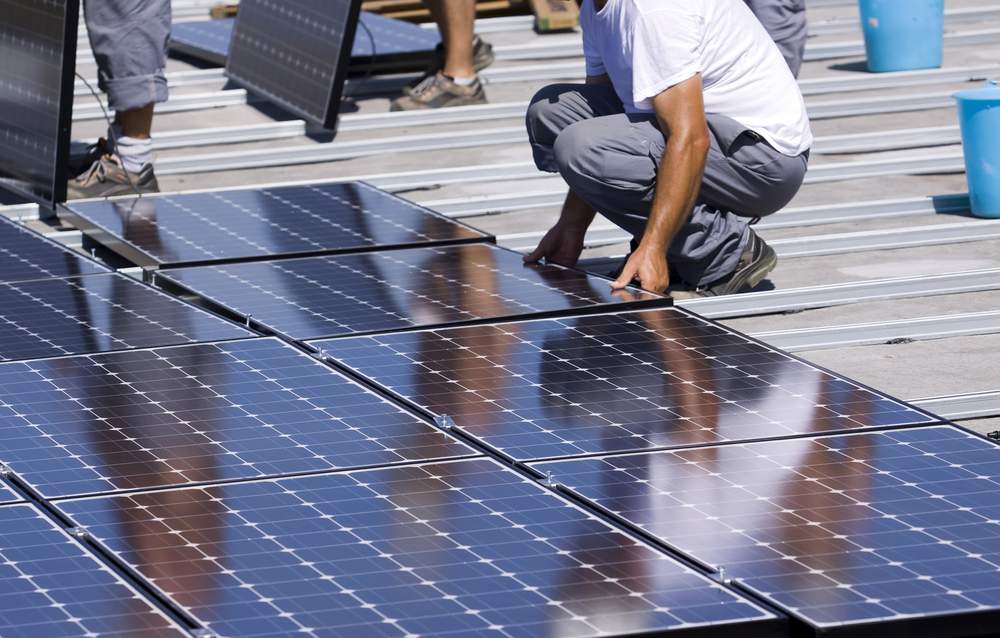Why Does Your Home Need Solar Panel Battery Storage?
Solar panel battery storage is an extremely useful piece of technology that operates in conjunction with solar photovoltaic (PV) panels. PV panels generate electricity by harnessing the energy in the Sun. One of the limitations of solar power technology used to be the fact that any electricity that was generated by the system had to be put into use straight away or be lost. Now, homeowners are able to store any surplus electricity that they don’t need straight away in a specially designed solar panel battery storage for later on.
This addition to the overall system means that no solar power energy that is generated needs to be wasted. The stored electricity can be kept safely inside the battery cell until it is needed. The battery is switched on and the electricity brought into play when the Sun is not releasing enough energy to power the home. This could be during duller weather spells, such as a cloudy day or during a storm. It is also the case at night, after the sun has set.
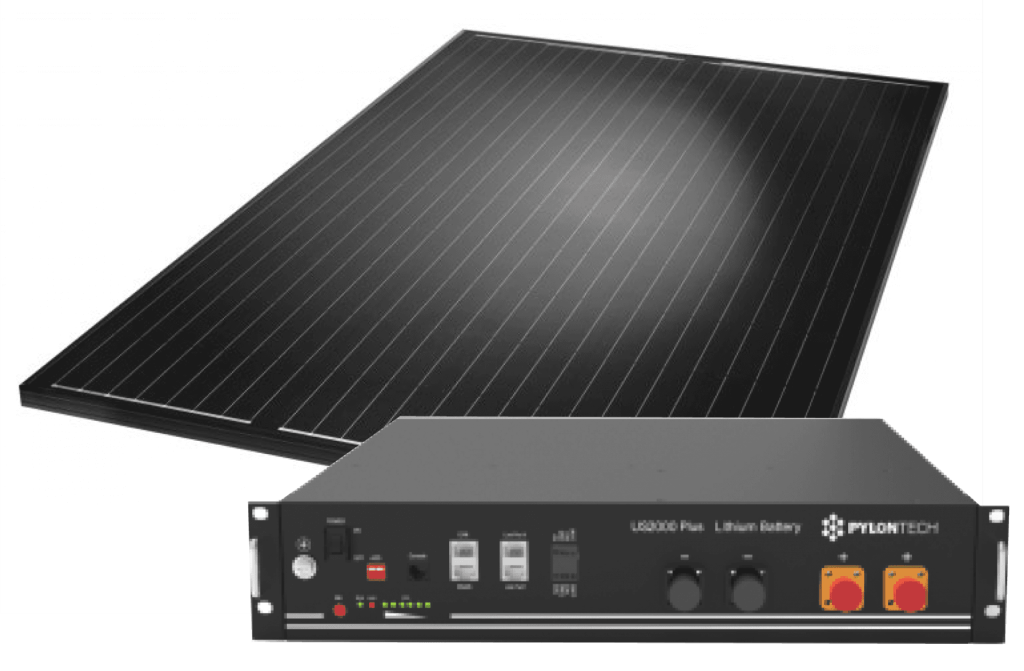
If a photovoltaic panel system does not have a solar power battery, any excess electricity is automatically fed into the National Grid. This means that any cost savings and independence gained from installing solar panels in the first place no longer have quite such a positive impact on a household’s budget and way of life.
How Does Solar Panel Battery Storage Work?
The solar battery is connected to the solar power system already set up in the home. This system comprises photovoltaic panels installed on a roof or flat surface and positioned to capture energy directly from the Sun. The battery is normally made from lead acid or lithium-ion and is installed inside the property to protect it from adverse weather conditions. Solar power batteries are fast-charging, safe to use and highly efficient – able to store large amounts of electricity at once.
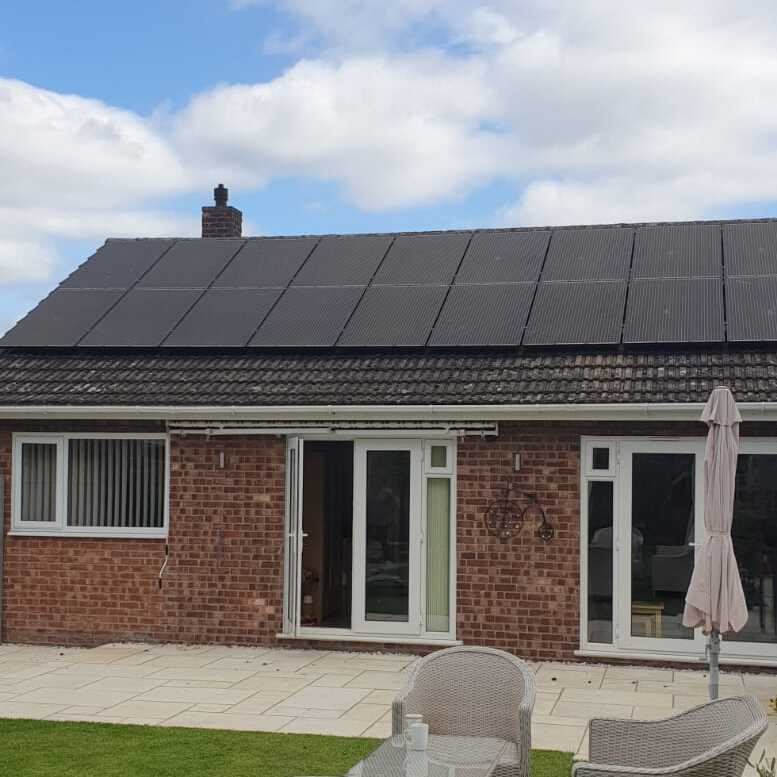
Using solar panel battery storage increases your household’s self-consumption of electricity by 50% or more. The battery should last for between ten and fifteen years, depending on how much it is used and whether or not it has been correctly installed. Always use a qualified, professional solar power installation company to fit a new or replacement solar power battery. The battery unit should also be maintained and serviced regularly, along with the rest of the solar power system. This helps keep it operating in the best possible condition and identifies any problems sooner, rather than later.
What Are Some of the Advantages of Using a Solar Panel Battery Storage?
The ability to store electricity generated by solar power inside a battery brings with it many advantages:
1. Reduced electricity bills – no energy captured from the Sun is wasted; stored amounts are used instead of sourcing electricity from an energy company or the National Grid at night or in dull weather. This reduces fuel bills further as less reliance on energy companies is needed
2. Increased control – if you are seeking to cut down your reliance on external energy companies and the National Grid, having a solar power battery can help with this. You decide when to release the energy stored in the battery and are no longer quite so much at the mercy of mains power cuts
3. Sustainable living – when the Sun is shining, you can use the electricity generated to power the home, but what about when the sun goes down or is obscured by clouds? A battery storage system enables you to keep on using greener, solar-powered energy in your home, 24/7. Thus, you reduce your carbon footprint and are able to carry on using a much greener, renewable energy source
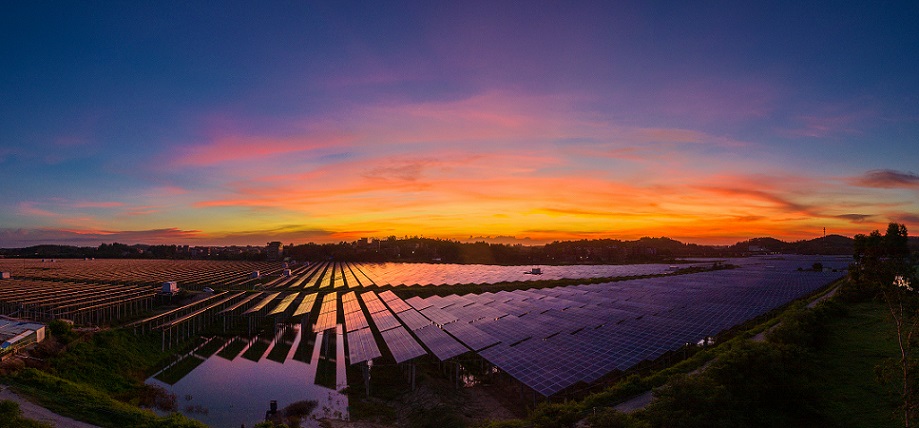
4. Protection against rising prices – energy prices rise on a regular basis and are dependent on a lot of external factors. By making your own and having the means to store the excess for when it is needed, you can protect your household budget from increases in power costs from energy companies
5. Retrofitting is available – even if your solar photovoltaic panel’s system doesn’t come with solar panel battery storage, the technology can be retrofitted at any point. You can choose which size battery to install and upgrade to a larger capacity if needed. This offers a flexible approach to storing electricity for your household’s needs.



